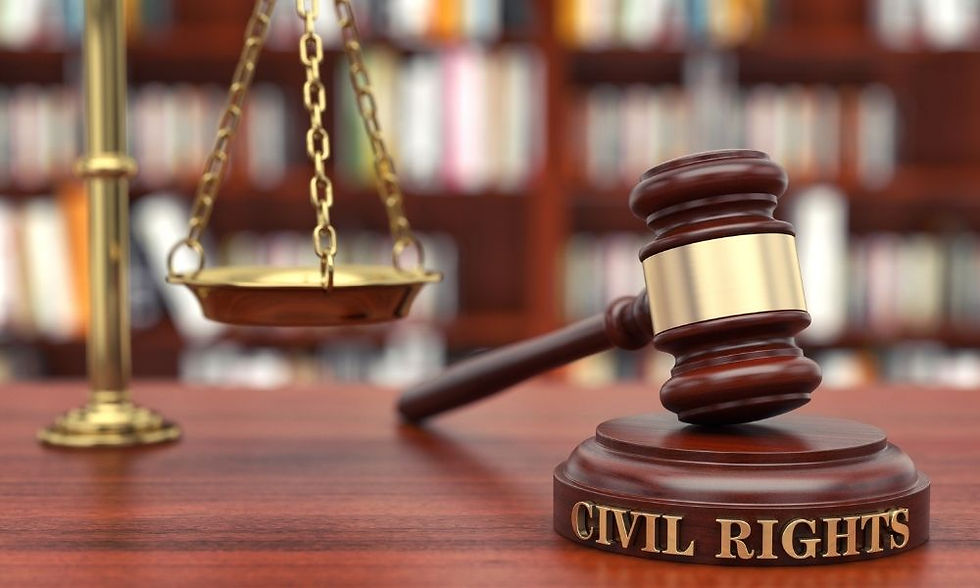Statutory Demands
- Raynal Kapadia
- Jan 16, 2022
- 1 min read
Updated: Jun 13, 2022
A statutory demand is a legal instrument often used to compel corporate entities to repay debts.
If the debtor fails to pay the debt within 21 days, then the company is presumed to be insolvent. Once this presumption arises, the creditor may apply to liquidate the debtor company.
The debt simply needs to be for an amount greater than $2,000, and be due and payable for a Statutory Demand to be issued.

However, a wrongly issued statutory demand can have disastrous consequences for the issuer. The debtor may be able to initiate proceedings to set aside the statutory demand, and the issuer may be liable to pay the costs of the aggrieved party.
The grounds on which the statutory demand may be set aside includes:
If there is a genuine dispute in relation to the debt;
If the amount in question is less than $2,000;
If a defect exists in the statutory demand that would cause substantial injustice if it was not set aside; or
There is ‘some other reason’ why the demand should be set side.
The Debt Recovery lawyers and Commercial Litigation Lawyers at Kapadia and Gordon Lawyers are highly skilled and experienced with issuing and resisting Statutory Demands, and resolving Commercial Litigation disputes.
Please contact Kapadia and Gordon lawyers today on +61 402 52 6031 or via www.kapadialegal.com for more information.
This article is provided for the purposes of general information and is not legal advice. If you have a Debt Recovery or Commercial Litigation Dispute, please contact us directly for tailored specific legal advice.



Comments